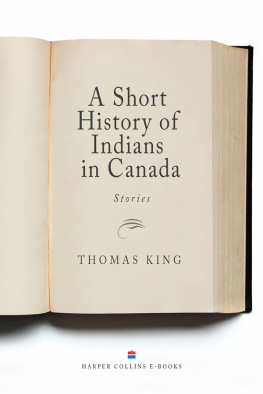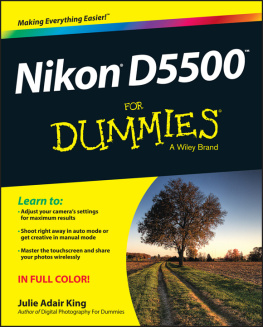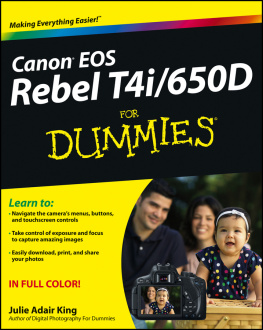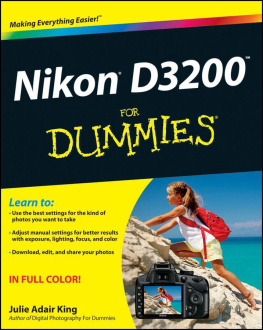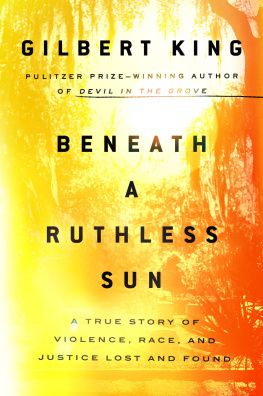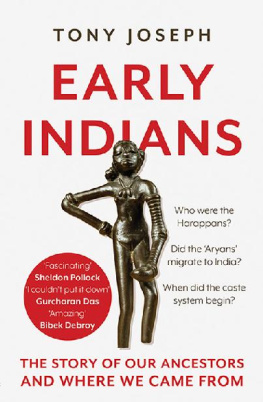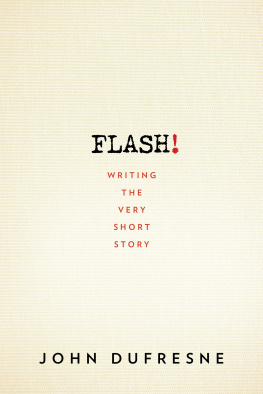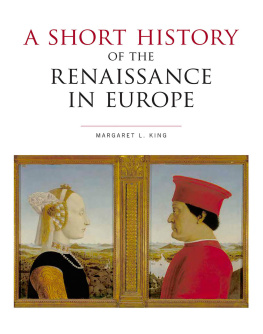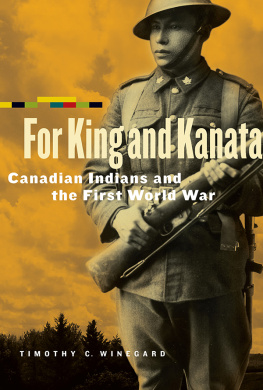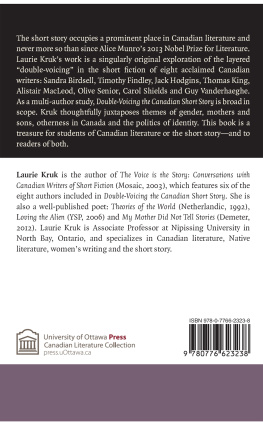Cant sleep, Bob Haynie tells the doorman at the King Eddie. Cant sleep, cant sleep.
First time in Toronto? says the doorman.
Yes, says Bob.
Businessman?
Yes.
Looking for some excitement?
Yes.
Bay Street, sir, says the doorman.
Bob Haynie catches a cab to Bay Street at three in the morning. He loves the smell of concrete. He loves the look of city lights. He loves the sound of skyscrapers.
Bay Street.
Smack!
Bob looks up just in time to see a flock of Indians fly into the side of the building.
Smack! Smack!
Bob looks up just in time to get out of the way.
Whup!
An Indian hits the pavement in front of him.
Whup! Whup!
Two Indians hit the pavement behind him
Holy Cow! shouts Bob, and he leaps out of the way of the falling Indians.
Whup! Whup! Whup!
Bob throws his hands over his head and dashes into the street. And is almost hit by a city truck.
Honk!
Two men jump out of the truck. Hi, Im Bill. Hi, Im Rudy.
Hi, Im Bob.
Businessman? says Bill.
Yes.
First time in Toronto? says Rudy.
Yes.
Whup! Whup! Whup!
Look out! Bob shouts. There are Indians flying into the skyscrapers and falling on the sidewalk.
Whup!
Mohawk, says Bill.
Whup! Whup!
Couple of Cree over here, says Rudy.
Amazing, says Bob. How can you tell?
By the feathers, says Bill. We got a book.
Its our job, says Rudy.
Whup!
Bob looks around. Whats this one? he says.
Holy! says Bill. Holy! says Rudy.
Check the book, says Bill. Just to be sure.
Flip, flip, flip.
Navajo!
Bill and Rudy put their arms around Bob. A Navajo! Dont normally see Navajos this far north. Dont normally see Navajos this far east.
Is she dead? says Bob
Nope, says Bill. Just stunned.
Most of them are just stunned, says Rudy.
Some people never see this, says Bill. One of natures mysteries. A natural phenomenon.
Theyre nomadic you know, says Rudy. And migratory.
Torontos in the middle of the flyway, says Bill. The lights attract them.
Bob counts the bodies. Seventy-three. No. Seventy-four. What can I do to help?
Not much that anyone can do, says Bill. We tried turning off the lights in the buildings.
We tried broadcasting loud music from the roofs, says Rudy.
Rubber owls? asks Bob.
Its a real problem this time of the year, says Bill.
Whup! Whup! Whup!
Bill and Rudy pull green plastic bags out of their pockets and try to find the open ends.
The dead ones we bag, says Rudy.
The lives ones we tag, says Bill. Take them to the shelter. Nurse them back to health. Release them in the wild.
Amazing, says Bob.
A few wander off dazed and injured. If we dont find them right away, they dont stand a chance.
Amazing, says Bob.
Youre one lucky guy, says Bill. In another couple of weeks, theyll be gone.
A family from Alberta came through last week and didnt even see an Ojibway, says Rudy.
Your first time in Toronto? says Bill.
Its a great town, says Bob. Youre doing a great job.
Whup!
Dont worry, says Rudy. By the time the commuters show up, youll never even know the Indians were here.
Bob catches a cab back to the King Eddie and shakes the doormans hand. I saw the Indians, he says.
Thought youd enjoy that, sir, says the doorman.
Thank you, says Bob. It was spectacular.
Not like the old days. The doorman sighs and looks up into the night. In the old days, when they came through, they would black out the entire sky.
It was beginning to look a lot like Christmas, and the winter storm that drifted through the Caledon Hills during the night should have raised Hudson Golds spirits. Winter was, after all, his favourite season, and he was always delighted with the first snow, with the way it lay on the dense firs thick as frosting, with the way the bare branches of the birches and the maples wrapped themselves in ice and flashed like cut crystal in the cold light. Even the dark, dank beaver ponds that Eleanor had imported all the way from Cleveland looked crisp and festive.
And Hudson was especially fond of Christmas, looked forward to the clamour of roasts, mashed yams, and pies, to the sharp taste of bittersweet chocolates from Belgium, to the tart and juicy clementines from Morocco, eagerly sought the hearty and well-met company of friends and neighbours, waited anxiously for the ritual give and take of gift-giving.
Hudson was, in fact, an especially skilled and considerate gift-giver. Year after year, he took great delight in surprising Eleanor with thoughtful presents. A fur stole. A cruise to St. Croix. An eight-piece set of hand-painted antique wine glasses. A designer raincoat.
Well Hudson, Eleanor would say each time she opened a present, youve done it again.
And he liked to receive gifts, could remember what someone had given him years after the fact. When he was four, his parents put a red and yellow train under the Christmas tree. When he was five, they came home with a puppy. He could still remember that.
But, todaythe day before Christmasas Hudson stood by the bay window and looked out at the trees and the ponds, and the tipis in the small valley below the main house, he was harassed by a growing feeling of unease.
Hudson had read about people who became depressed in December, who were so overwhelmed by the expectations of the season and of their families, were so convinced of their own worthlessness, that they either went on a killing spree or strung themselves up by their belt in a closet. Rich, poor, it didnt seem to matter, though Hudson guessed that rich people, in general, coped with Christmas better than poor ones.
But Hudson knew it wasnt the season and it wasnt the weather. It was the Indians.
During the sixties and seventies and for the first half of the eighties, collecting Indians had been the rage with most of the families in the Caledon Hills. And while most everyone had since moved on to newer enthusiasms such as exotic pets, rain-forest acreages, and internet stocks, Hudson stayed the course and had, over the years, put together one of the more impressive collections of Indians east of Saskatoon.
It was Eleanor who bought him his first Indian, a Seminole that she had run across in a small shop in Clinton, Oklahoma. The next year, Franklin Spense, of all people, his neighbour on the other side of the ridge, a gun enthusiast and a stickler for the sanctity of property lines, gave him an Ojibway shaman. The year after that, Vince Muir, whose family at one time had owned all the land in Caledon Hills, brought over a Mohican that he had picked up at a yard sale.
I thought Mohicans were extinct.
That was the rumour, but they found a bunch of them in northern Massachusetts a couple of years back, said Vince. Dont worry, hes authentic.
Hudson hadnt really planned to collect Indians, and he had never really gone out of his way to locate new pieces, at least not the way Jack Cartier and his wife Bridget chased after Hummel figurines. It was true he had travelled all the way to Quebec City to purchase a set of four Cheyenne Dog Soldiers, but that had been more for investment than for mere collecting.
Eleanor, at least in the beginning, had been the real force behind the collection. For his fifty-sixth birthday, she bought him seven tipis and a video on how to set up an authentic Indian camp. And then, last Christmas, she had come back from Alberta with a matched drum teameight singers, a buffalo-skin drum, and a pow-wow song book with a CD, so you could learn the songs and sing along if you felt like it. The singers were an absolutely stunning gift, even better than the Dog Soldiers.

